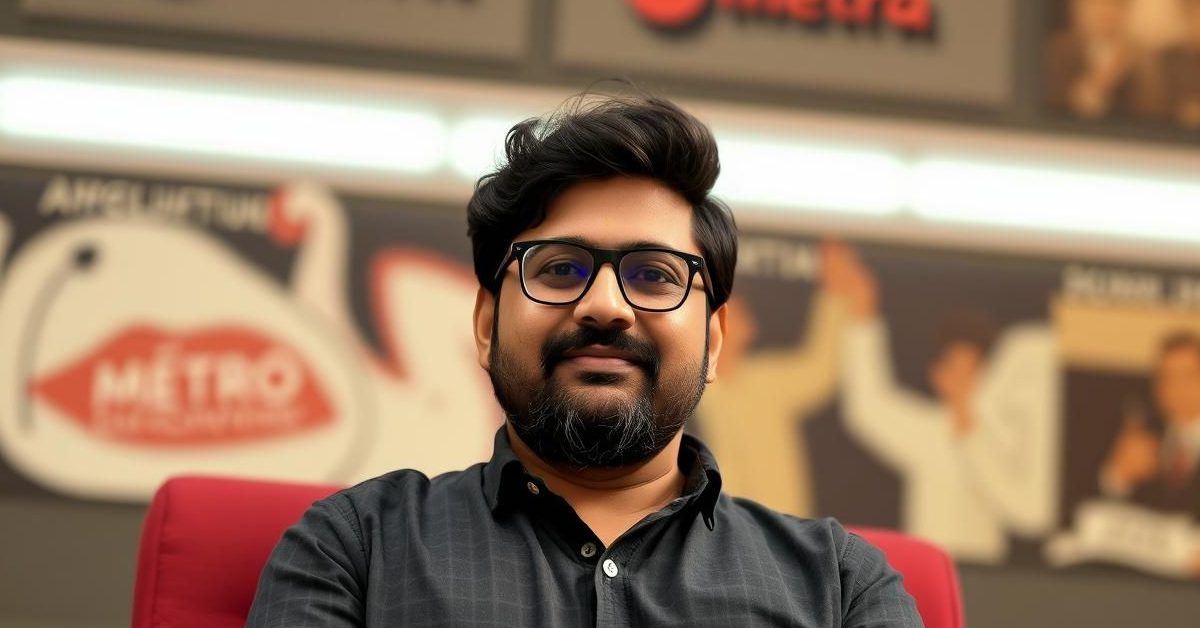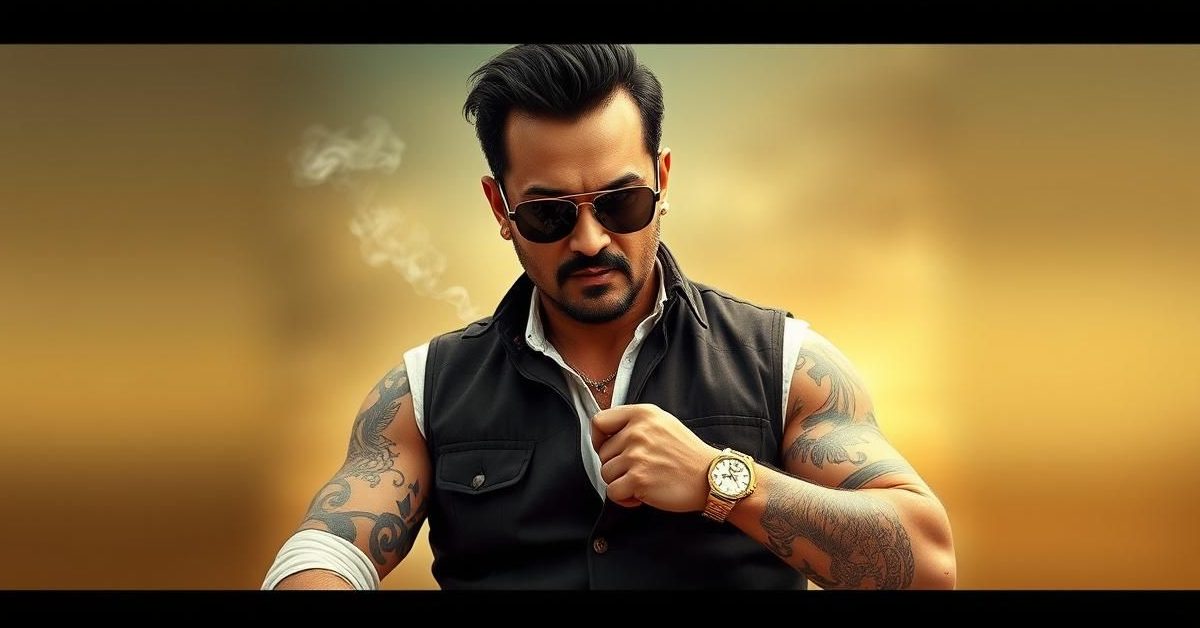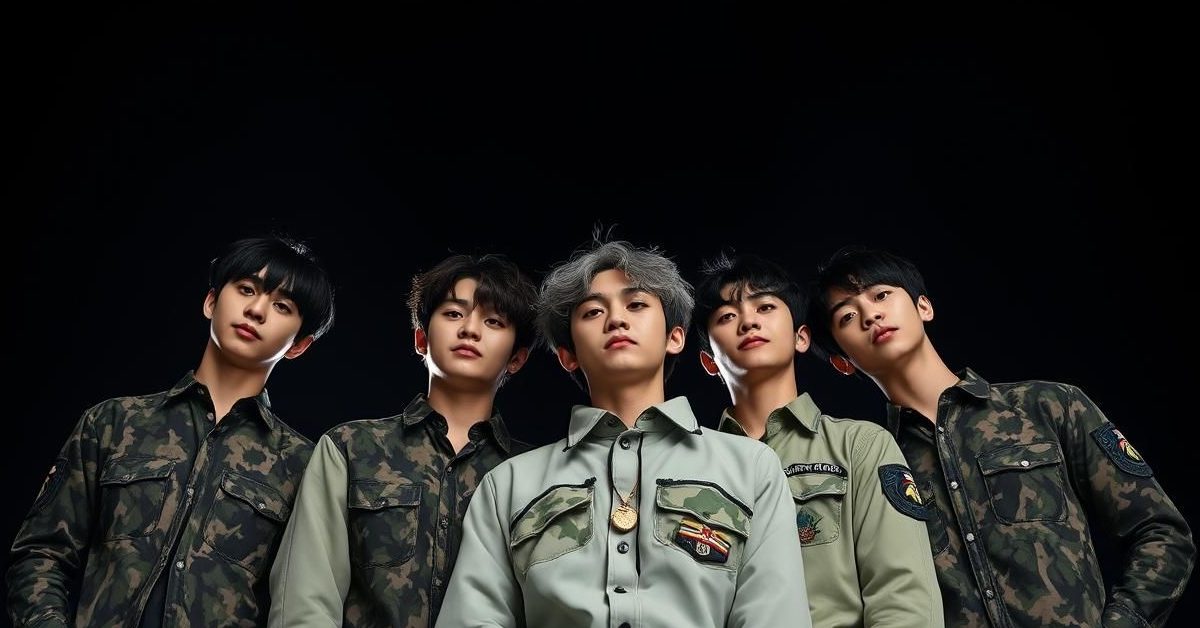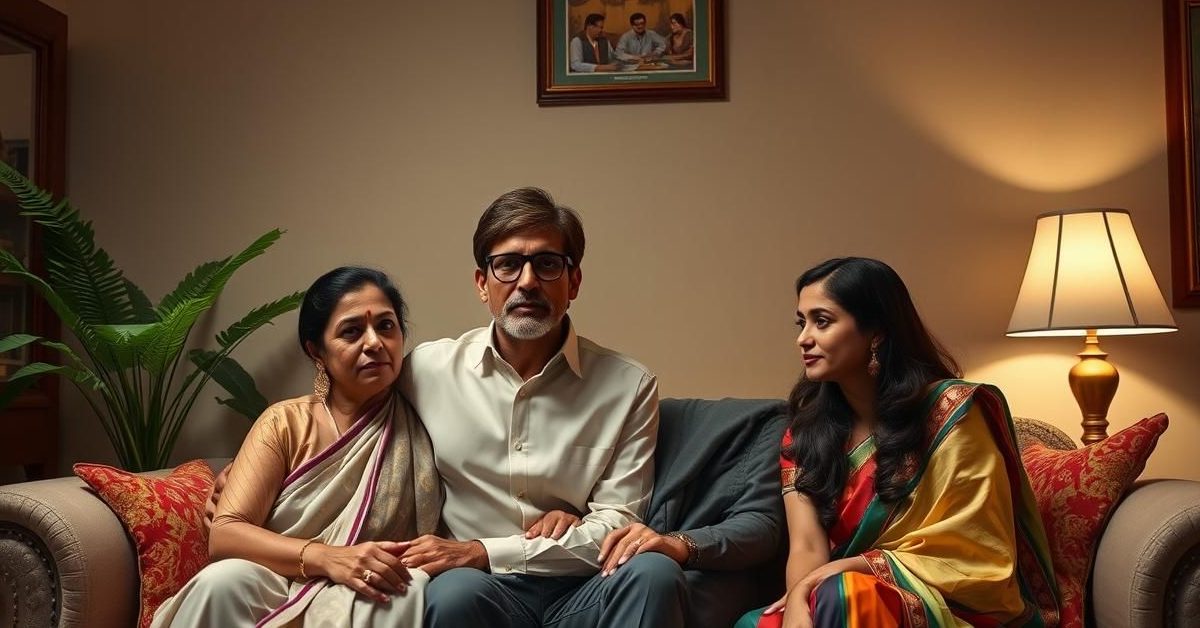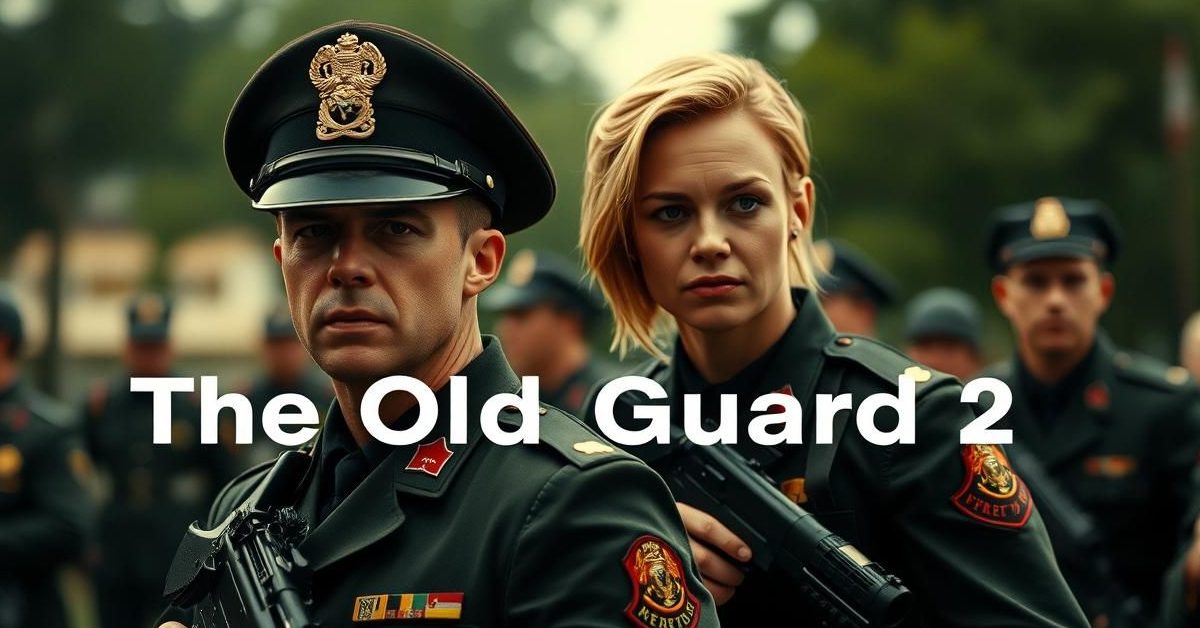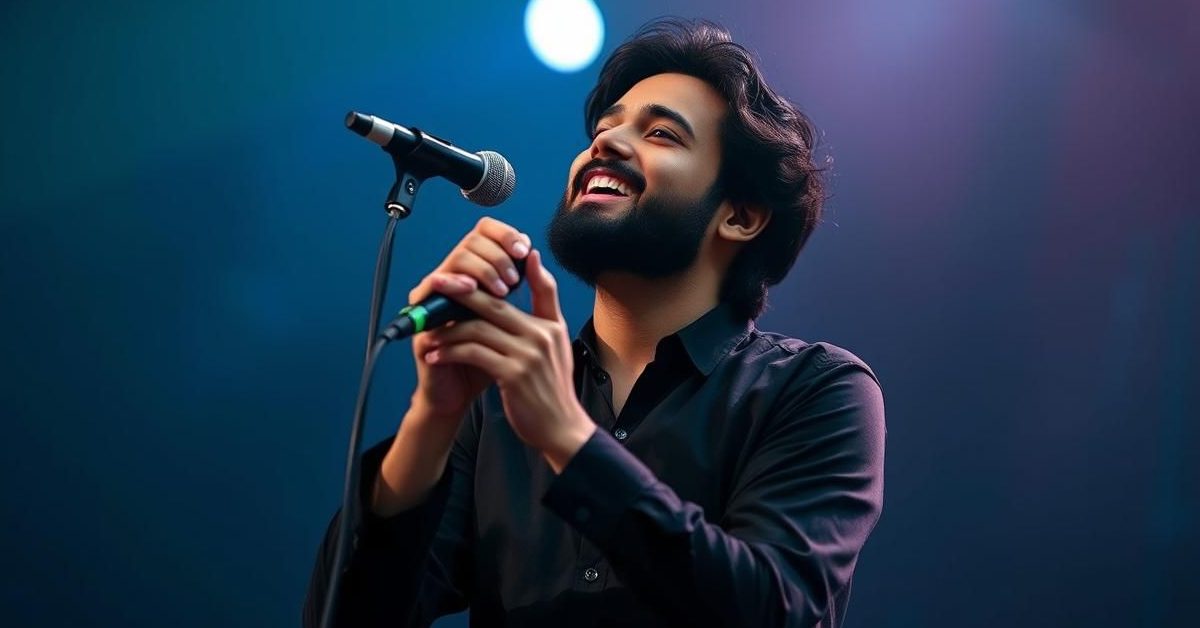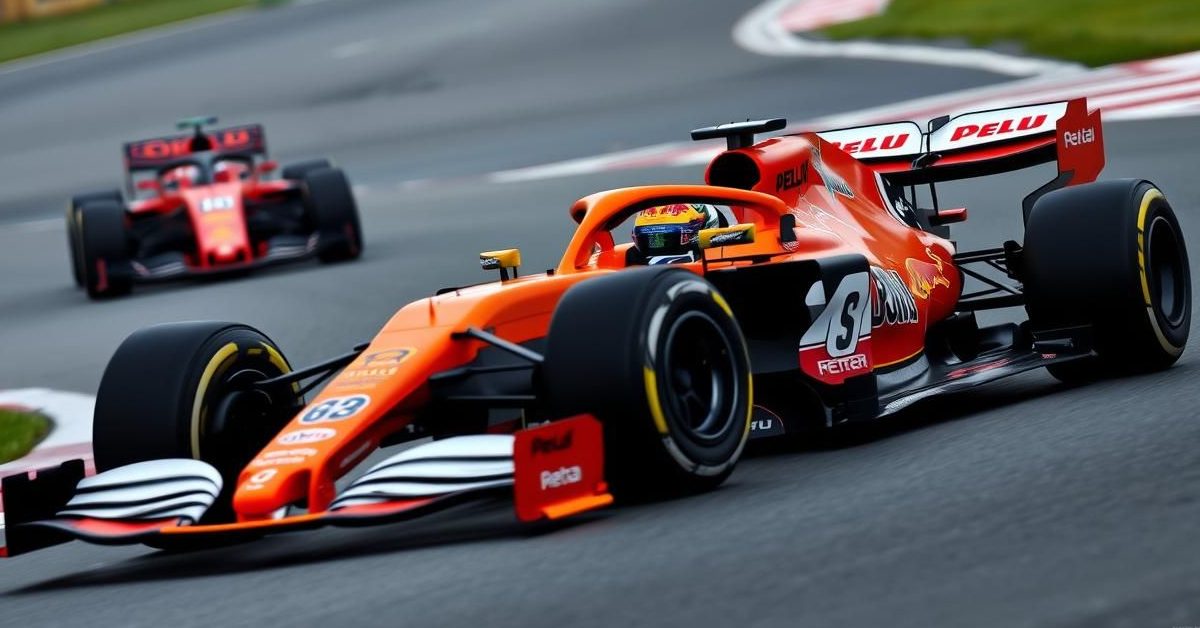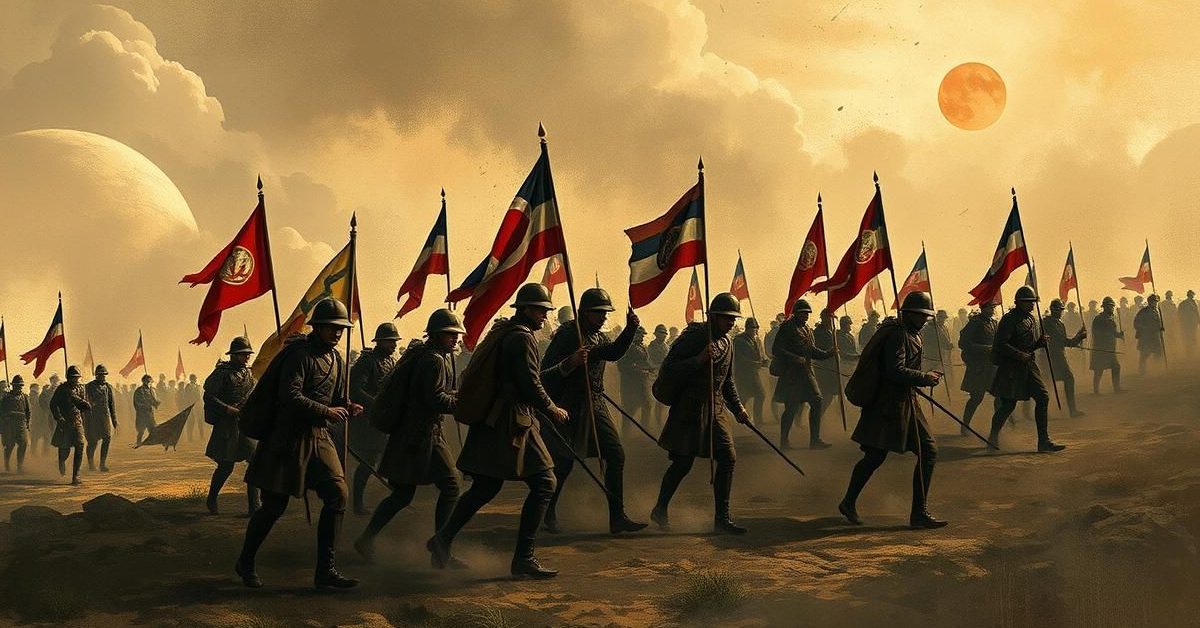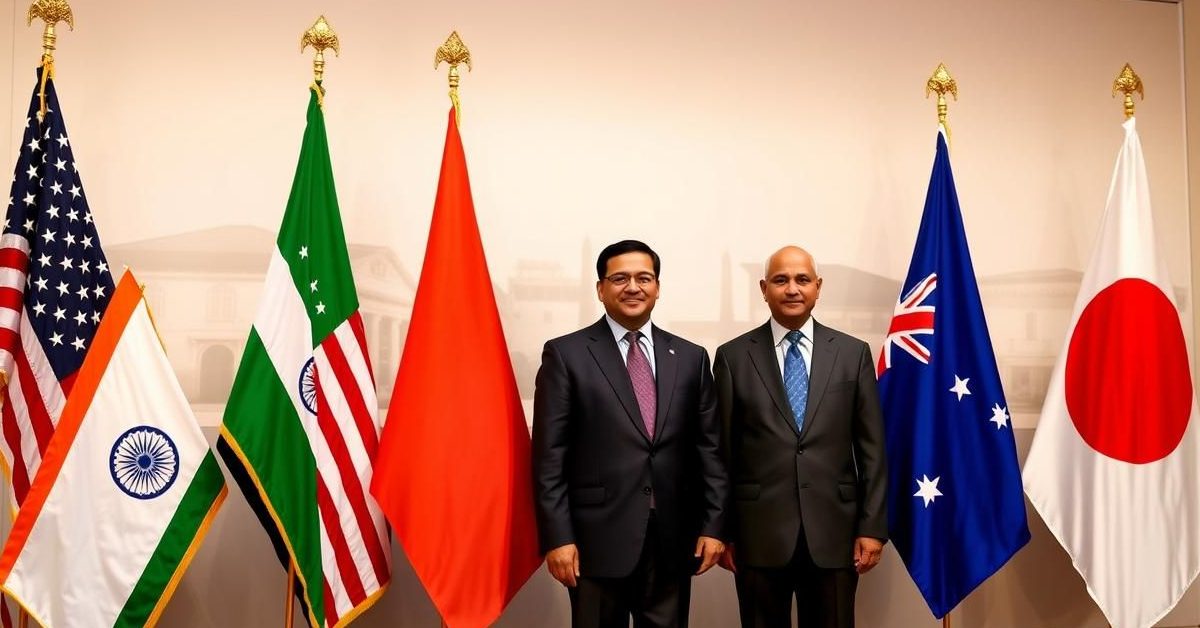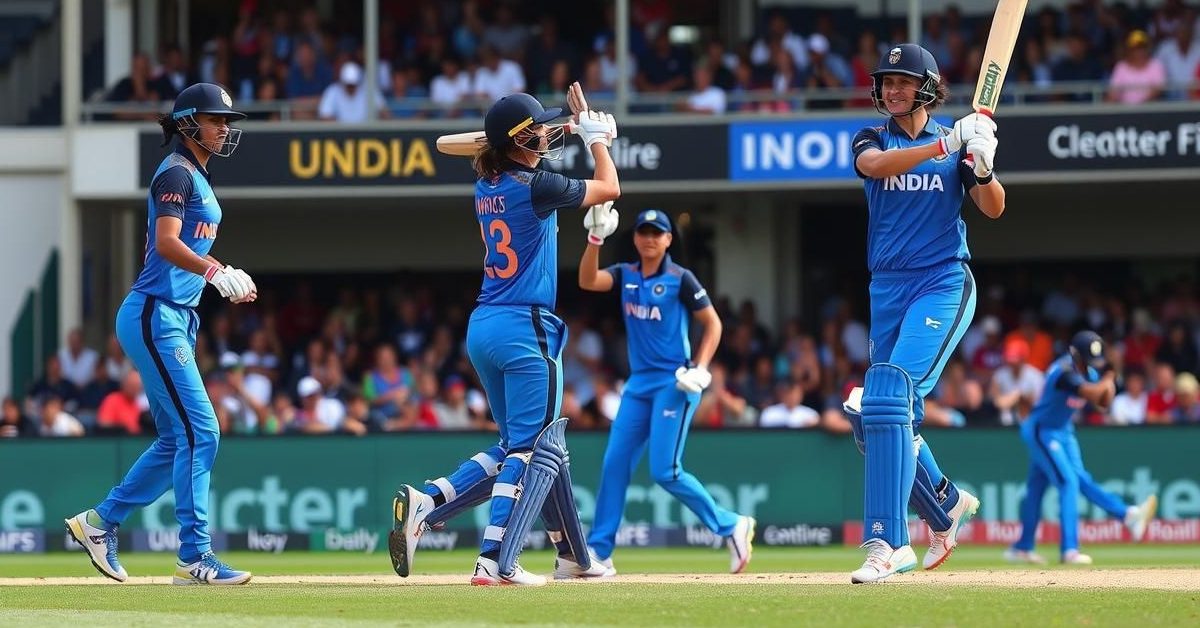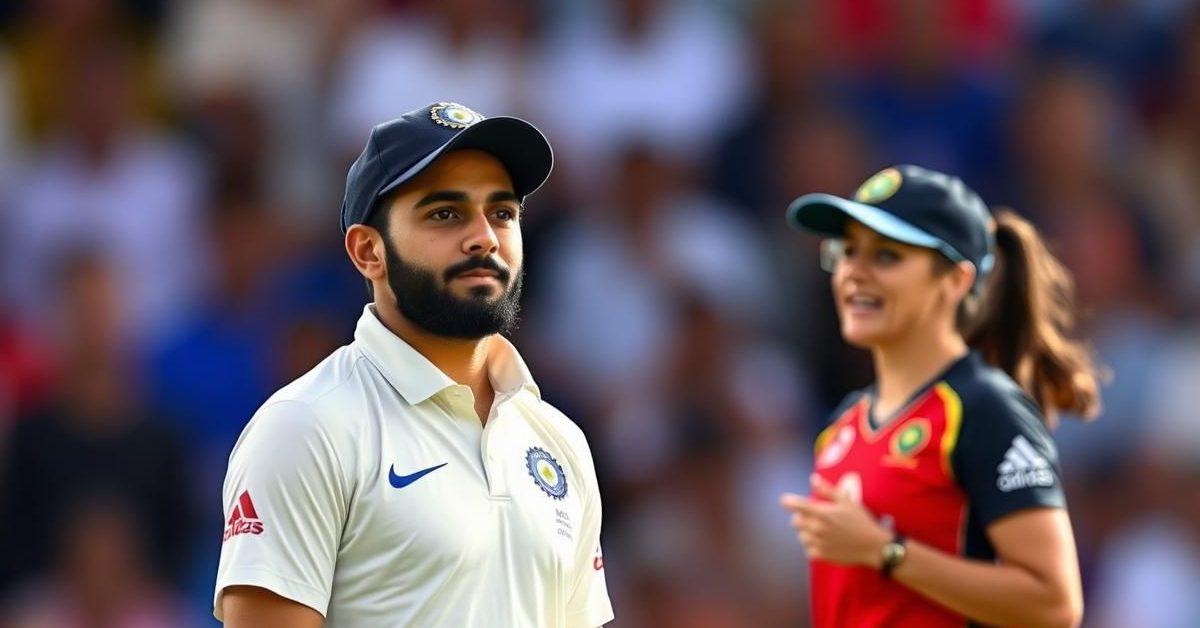Veteran music composer Pritam Chakraborty, a name synonymous with countless chartbusters, recently offered a rare glimpse into his profound creative partnership with acclaimed director Anurag Basu. Their collaboration, spanning over a decade and a half, has gifted Bollywood some of its most iconic soundtracks, from the intense romance of Gangster to the whimsical charm of Barfi!, the adventurous spirit of Jagga Jasoos, and the multi-layered storytelling of Ludo. Now, with the release of Metro… In Dino, a spiritual successor to their beloved Life… in a Metro, Pritam reflects on a journey built on trust, shared artistic vision, and a relentless pursuit of perfection.
In a candid chat from his bustling studio, where he was immersed in finalising the soundtrack for Metro… In Dino, Pritam delved into the intricacies of his bond with Anurag Basu, the evolution of his music, and the bittersweet nostalgia for old collaborators. He revealed how their creative synergy, almost like a shared madness, drives them to refine their work until the very last moment, ensuring each note and narrative beat resonates deeply with the audience.
A Fateful First Meeting: From TV Serials to Bollywood Dreams
Pritam’s association with Anurag Basu stretches back further than many might imagine, predating their first film collaboration, 2006’s Gangster. He recalls his arrival in Mumbai in 1998-99, fresh out of FTII (Film and Television Institute of India), when a school friend connected him with Anurag. Their initial projects were title songs for television shows like Manzilein Apni Apni (2001) and Miit (2003). This early professional connection quickly evolved into a personal bond as they serendipitously ended up staying in the same building, fostering a deep friendship.
Pritam disclosed a fascinating anecdote about Anurag Basu’s early attempts to get him on board for the 2003 film Saaya. However, producer Mahesh Bhatt hesitated to place his trust in a “rank newcomer” whose filmography had yet to see a release. At the time, Anu Malik was already a prominent name working with Bhatt. It was only after Pritam’s breakthrough work in Dhoom (2004) that the doors to their first film project, Gangster, finally opened, setting the stage for an enduring musical partnership.
The Unbreakable Bond: Blind Trust and Shared Genius
When questioned about the magnetic pull that consistently brings them back together, Pritam speaks with immense admiration for Anurag Basu. “He’s very clear about what he wants. We trust each other blindly,” Pritam stated, emphasising the profound level of mutual respect in their creative dynamic. He affectionately refers to Basu as a “full genius,” highlighting his comprehensive understanding of filmmaking, from cinematography to editing.
Pritam credits Anurag Basu’s unwavering faith in his technicians and his exceptional ear for music and lyrics as key reasons for their continued collaborations. “Any movie he makes, I like being a part of that process,” he shared, underscoring the collaborative and enriching environment Basu fosters.
The Perfectionist’s Creed: Crafting for Posterity
A shared trait that defines their working relationship is an almost obsessive dedication to perfecting their craft. “I’ll keep working till you snatch it away from me,” Pritam confessed, mirroring Basu’s own meticulous approach. Both artists believe that the products they create are “for posterity,” leading them to continuously refine and layer their work, even post-release for OTT platforms, as was the case with Jagga Jasoos. This relentless pursuit of excellence, while intense, ultimately results in truly exceptional, enduring art.
Anurag Basu’s Musical Narrative: Weaving Stories Through Song
Pritam sheds light on Anurag Basu’s unique directorial philosophy, particularly his profound understanding of how music can elevate a narrative. Unlike many filmmakers, Basu “builds his narrative around music” and “thinks in terms of music.” He cited Life… in a Metro, one of Hindi cinema’s pioneering anthologies, where Basu ingeniously used a band as a common thread to interweave multiple storylines, instead of a traditional narrator. In Barfi!, where protagonists communicate largely through actions, music became the primary storytelling vehicle. Similarly, Jagga Jasoos transformed into a complete musical, with the titular character singing to overcome his stammer.
Even in films like the raw yet emotional Ludo, music played a vital role. “A minimum of six songs have to be there in an Anurag Basu film,” Pritam confirmed, noting that Metro… In Dino boasts even more, showcasing Basu’s unwavering commitment to musical storytelling.
Echoes of the Past: Missing the ‘Metro’ Band
Working on Metro… In Dino naturally brought back memories of its predecessor, Life… in a Metro. Pritam admitted to missing the unique vocal talents from the original film, particularly the late KK, whose soulful voice left an indelible mark. While he wasn’t extensively in touch with James, he maintains contact with Soham Chakraborty and Suhail Kaul. He was delighted to reunite with zitar player Niladri Kumar, an integral part of the first film’s sound.
For the new film, Pritam’s “band” includes talents like Raghav Sachar and Papon. He praised Raghav as “a very sweet and exuberant guy” and Papon as “the king of the North-East,” acknowledging their cultural rootedness. This new ensemble, he explained, helped fill the void left by his previous collaborators, bringing a fresh energy to the soundscape.
He also touched upon the interesting practice of having multiple singers for the same song, a “good luck charm” carried over from the first film, where tracks like “Alvida” and “Baatein Kuchh Ankahi Si” featured different vocalists for film and album versions.
The Accidental Singer: Pritam’s Primary Identity
Life… in a Metro not only resonated with audiences for its music but also for Pritam’s on-screen appearance as part of the band. This led to a curious shift in public perception. “Because of that, people still think I’m a singer,” Pritam chuckled, explaining that despite his background, many still refer to him as “that singer.” While he does sing, his “primary identity” has always been that of a music composer. He finds it amusing, yet slightly exasperating, to be continually mistaken for a vocalist, especially when fans inquire why he’s not seen on reality shows, unaware of the intense, behind-the-scenes work he constantly undertakes.
Evolving Sounds: From ‘Life’ to ‘In Dino’
The musical landscape has drastically changed in the 18 years since Life… in a Metro became a sensation. Pritam acknowledged the inevitable comparisons with the original soundtrack, stating, “That comparison would be on steroids.” He wisely chose not to compete with the iconic status of the first film’s songs. Instead, Metro… In Dino, with its new stories and characters, takes a lighter, sweeter, and more progressive musical approach compared to the darker tones of its predecessor.
While Life… in a Metro introduced rock to Hindi cinema before Rock On!! (2008), the sound has evolved globally. Pritam explained that while the core essence of rock remains in songs like “Dil Ka Kya” and “Mann Ye Mera,” the overall texture has shifted. They’ve moved beyond the “pure rock” sound, embracing a more “progressive” and contemporary feel for Metro… In Dino.
Intriguingly, the new soundtrack also features ghazal influences. Pritam challenged the conventional understanding of ghazal as a specific music genre, asserting that it’s primarily poetry. He envisions a future where ghazals are presented in modern formats, shedding their “harmonium image” to become popular among younger audiences, even inspiring Reels and rock band performances. He cited his previous attempts, like Ghalib’s “Dil-E-Nadaan” in a rock style for Barfi! (though it didn’t make the cut), and shared how he’s integrated established ghazals like Qaisarul Jafri’s “Tumhare Sheher Ka Mausam Bada Suhana Lage” with contemporary hooks and even explored Ghalib and Nida Fazli poems in Metro… In Dino, hoping to revitalise the genre.
“Alvida”: A Song with a Story
When asked about his favourite song from Life… in a Metro, Pritam immediately named “Alvida.” He revealed that he composed this “angry heartbreak song” during his FTII days, long before the film, and it became a staple at parties. Its raw, emotional lyrics – “Tumhe jana hai toh jao. You’ll miss me more than I’d miss you” – resonated deeply.
The song had a fascinating journey. Many directors, including Anurag Basu, Rajkumar Hirani, and Sanjay Gadhvi, expressed interest in it. Pritam even performed it at the success party of Mere Yaar Ki Shaadi Hai (2002) at Sanjay Gadhvi’s request, hoping Aditya Chopra would hear it. He amusingly reflected that a song like “Alvida” wouldn’t have fit into mainstream Hindi cinema of that era, especially in films like Dhoom 2. He recalled informing Rajkumar Hirani, with whom he’d worked on ad jingles, when he finally used “Alvida” in Life… in a Metro, a testament to the song’s enduring appeal and his personal connection to it.
New Voices, New Surprises in ‘Metro… In Dino’
Pushing the boundaries further, Anurag Basu ensured that Metro… In Dino features its characters singing, transforming it into a full-fledged musical. Pritam confirmed that both Aditya Roy Kapur and Anupam Kher have lent their voices to the film. While some of Anupam Kher’s singing was edited out, Aditya Roy Kapur’s portions remain. Pritam was pleasantly surprised by Aditya’s talent, calling him a “mast singer” and praising his acting prowess, having not worked with him extensively before. He also revealed that Ali Fazal plays a character inspired by Pritam himself – a jingle artist seeking his big break.
The Weight of Sequels and Personal Priorities
Pritam also shared his thoughts on taking on sequels to films he didn’t originally score, like Ayan Mukerji’s War 2 (where Vishal-Shekhar composed the first part) and Tiger 3 (initially scored by Sohail Sen). He admitted that these projects don’t quite resonate with him in the same way as his “own brand.” His collaboration on War 2 was primarily for Ayan Mukerji, given their enjoyable past journeys with Yeh Jawaani Hai Deewani (2013) and Brahmastra (2022).
He recounted a specific instance from Tiger 3, revealing he was initially approached for Ek Tha Tiger (2012). However, balancing Kabir Khan’s Ek Tha Tiger with Victor’s (Vijay Krishna Acharya) Dhoom 3 (2013) became overwhelming. Aditya Chopra asked him to choose, and Pritam, despite having composed a couple of tracks for Tiger, opted for Dhoom 3, considering it “his baby.” Interestingly, songs originally intended for Tiger, like “Tera Deedar Hua” and “Rang Sharbaton Ka,” later found their homes in films like Jannat 2 (2012) and Phata Poster Nikhla Hero (2013) respectively.
Pritam candidly admitted that action films generally offer less scope for music. Beyond that, he expressed a growing desire to pull back from the relentless pace of commercial music, a career he’s pursued for two decades. With his children grown and soon leaving for college, he feels a deep regret for the time he missed with them. A self-professed “workaholic” who spends 200 days a year in his studio, he acknowledges his wife’s immense contribution to raising their kids. Now, he yearns to be an “integral part of his kids’ journey,” fearing deep regret otherwise. “Every song of mine is like a baby,” he mused, “But those kids also need attention.”
Metro… In Dino promises to be another musical milestone in Pritam and Anurag Basu’s collaborative legacy, arriving in cinemas this Friday on July 4.
